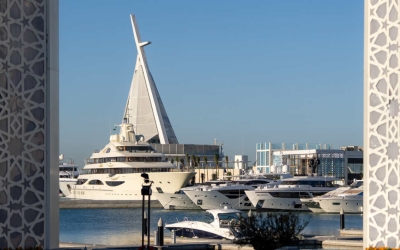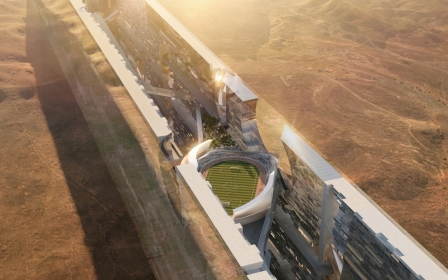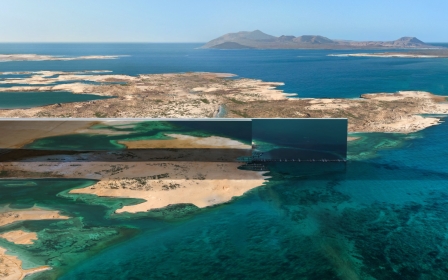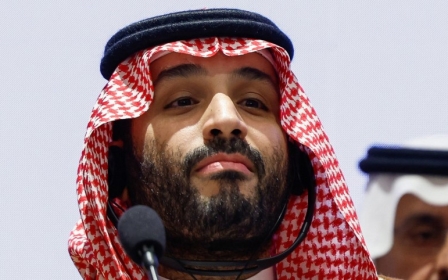Saudi Arabia sees 40 percent drop in foreign investment deals
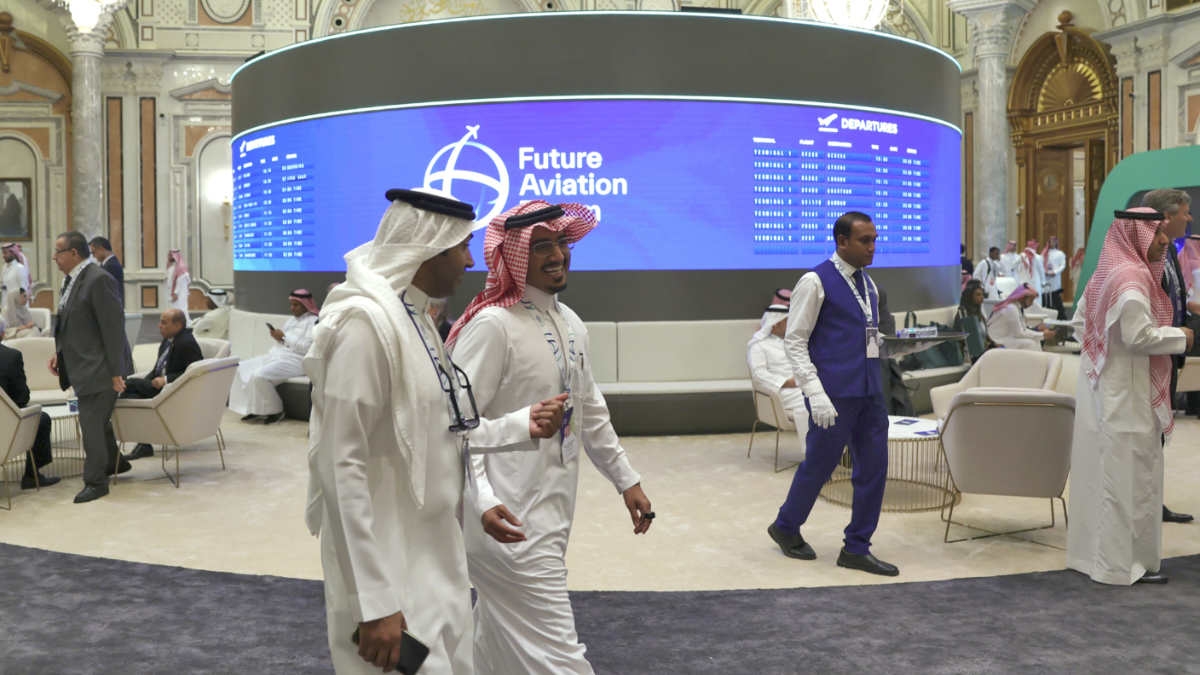
Foreign investment deals in Saudi Arabia have dropped to their lowest level since 2021, underscoring the challenge the kingdom faces in trying to lure foreign investors and companies.
Saudi Arabia completed 64 investment deals in the first three months of this year, Bloomberg reported on Monday, citing a report from Saudi Arabia’s Ministry of Investment. The number of finalised deals marks a 40 percent drop from last year at this time.
The drop in transactions underlines the challenge Saudi Arabia is facing as it looks to diversify its oil-dependent economy.
Western bankers and executives have flocked to the kingdom in the hopes of tapping its Sovereign Wealth Fund for financing and raking in fees from deals, but Saudi Arabia needs foreign companies to invest inside the kingdom.
Global investors have proven reluctant to power Saudi Arabia’s economic transformation, leaving most of the heavy lifting to its $940bn Public Investment Fund, chaired by Crown Prince Mohammed bin Salman.
New MEE newsletter: Jerusalem Dispatch
Sign up to get the latest insights and analysis on Israel-Palestine, alongside Turkey Unpacked and other MEE newsletters
However, Saudi Arabia has had to scale back some of its most ambitious projects.
Neom, a $1.5 trillion megacity project, which organisers claim will eventually be 33 times the size of New York City and include a 170km straight-line city, has been reduced in scope.
Instead of 1.5 million people living in the city by 2030, Saudi officials now anticipate fewer than 300,000 residents by that time. Meanwhile, only 2.4km of the 170km city is set to be completed by 2030.
Saudi Arabia wants a whopping $100bn in foreign direct investment (FDI) annually by 2030.
As it opens up its economy and presses ahead with social reforms, it has seen more interest from abroad, represented by a 16 percent surge in FDI in the fourth quarter of 2023 compared to the year before. But the kingdom’s total $19bn total estimated FDI for 2023 is well below the level it was aiming for.
In a move seen by analysts as a sign Saudi Arabia is looking to generate more funds for Vision 2030, the state oil company Aramco said it would sell around $12bn in shares. Aramco’s 2019 IPO set a record and the company has boosted its dividend to attract buyers. Because the Saudi state owns about 82 percent of Aramco, the high dividend also gives it cash flow.
Surge in new investment licences
According to the Saudi Investment Ministry, the US and UK were the leading investors in the kingdom, with the UAE, Egypt and Singapore following.
Notably, the investments were mainly in innovation, entrepreneurship and sports. After decades of a restrictive culture guided by a strictly conservative interpretation of Islam, Saudi Arabia has passed laws allowing gender mixing and the relaxing of dress codes. The PIF is investing in sports like golf and football and building beach resorts along the Red Sea.
But the kingdom has ambitions beyond tourism. Like other countries, it wants to gain a foothold in mining critical minerals and advancing high-tech manufacturing and sciences.
But in the first quarter of this year, Saudi Arabia received just one investment each in biotechnology, information and communications technology, and agriculture. There were no investments in mining and semiconductors.
Saudi Arabia did see the number of investment licences granted in the first quarter of this year almost double compared to the year prior. But interest didn’t come from deep-pocketed investors in the West which Saudi Arabia has been courting. India, Syria, Yemen, and Egypt received the most licences.
Saudi Arabia has had more success getting international companies to set up regional headquarters in the kingdom. On Monday, the Saudi Gazette reported that 127 international firms relocated their regional headquarters to the kingdom during the first quarter of 2024, marking a 477 percent year-on-year increase.
Saudi Arabia has said that companies need a regional headquarters in the kingdom to qualify for government contracts.
Middle East Eye delivers independent and unrivalled coverage and analysis of the Middle East, North Africa and beyond. To learn more about republishing this content and the associated fees, please fill out this form. More about MEE can be found here.


